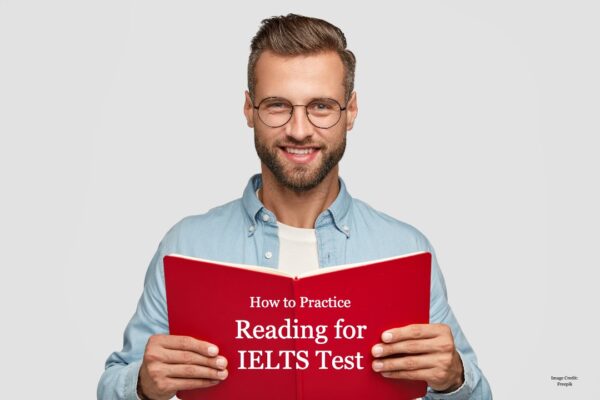Top Punctuation Rules You Should Know Before Your Next IELTS Exam
Writing is an important mode of communication. Writing helps you convey your opinions and message to others. Any mistakes in grammar, spelling, or punctuation can change the meaning of the sentence you’re writing. In this blog, let us take a look at the top Punctuations Rules for grammar that you should know before your next IELTS exam, and get rid of some misnomers surrounding it.
Read More5 Tips for IELTS Listening Test That Will Raise Your Band Score
Before we head into the IELTS listening tips, understand how you will be scored on the test. You will listen to four recordings, and then they have to give answers to 40 questions. For every correct answer, the candidate will earn one score.
Read MoreIELTS Writing Test: When to Give Your Opinion
The IELTS opinion essay comes up frequently in writing task 2. Opinion essays mainly focus on agreeing or disagreeing with a particular fact or information. It presents two opposite views and you have to develop your argument supporting one view. You get 40 minutes to complete this task. You have to write at least 250 words on the topic given.
Read MoreIELTS Multiple Graph Questions: How To Ace It
IELTS multiple graph questions are quite common in the Academic Task 1 Writing test. Candidates often panic when they see these graphs and charts as they are worried about having to interpret two different types of data.
However, as long as you know how to write essays on each type of graph, you will have no problem answering multiple graphs questions in IELTS Academic Writing Task 1.
Read More14 Question Types in the IELTS Reading Test: What You Should Know
There are 14 question types in the reading section. You have to read the passage and answer the question with the content taken from the passage. To crack the IELTS Reading Test with a high score, you must have familiarity with the question types and learn the tricks and tips to solve these questions.
Read MoreIELTS General Training Test – Opening & Closing Sentences in Formal and Informal Letters: Part 2
In Part 1, we discussed what are formal and informal letters in Writing Task 1 of the IELTS General Training Test and some of the key differences. In Part 2, let’s how to write the opening and closing sentences in both formal and informal letters.
Read MoreIELTS General Training Test – Formal and Informal Letters: Part 1
In IELTS General Training (GT), you will be required to write a letter of at least 150 words. One of the most important things that you should know about this is that you must choose the correct level of formality for it. Using the correct form of language is essential for getting a high IELTS score in the writing section.
Read MoreUnderstanding True, False, Not Given Questions in IELTS Reading Test
Do you find the True, false, not given question type in the IELTS Reading test challenging? Find out how to answer this question type and the tips you need to remember so you can perform better on the IELTS test day.
Read MoreIELTS Writing Task 2 Questions: Understanding the 5 Different Types
If you know what are the different essays in IELTS writing task 2, how to identify them, and how to approach each essay type, then it will have a beneficial impact on your task achievement and save you a lot of crucial planning time.
Read MorePrepare for the IELTS Listening Test with these 10 Essential Tips
If you are taking the IELTS Listening Test soon, book your seat in advance at IELTS AOLCC. We have IELTS Test Centres available in Mississauga, Kingston, London, and Brampton. All our test centres are equipped with Wireless Headsets and other necessary amenities.
Read More











